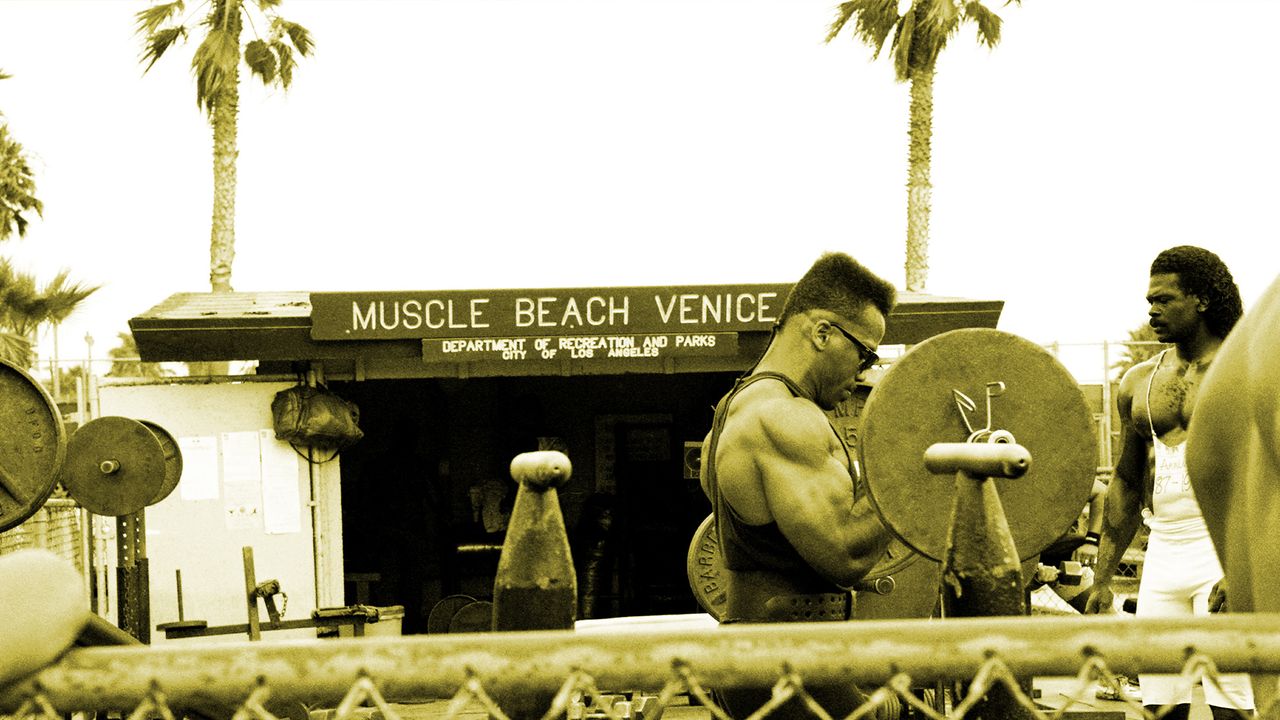LONDON – The gradual decline in testosterone levels among men as they age is a topic of increasing concern, with implications for health and lifestyle. While age-related changes are natural, distinct medical conditions such as Klinefelter syndrome, where men are born with an extra X chromosome, require specific treatments like testosterone replacement therapy (TRT). The broader application of TRT for men experiencing low testosterone symptoms, however, remains a subject of debate.
Understanding Testosterone Decline
According to Dr. Kelly, a specialist in endocrinology, healthy men typically experience only a “slight decline” in testosterone levels as they advance into their 70s and 80s. A more pronounced decline at an earlier age is often linked to other health issues such as inflammation, obesity, and type 2 diabetes.
Dietary factors also play a significant role. Processed foods and endocrine-disrupting chemicals found in some plastic packaging can negatively impact testosterone levels. Dr. Kelly emphasizes the importance of monitoring average testosterone levels, which can fluctuate throughout the day and even between seasons.
“Over-exercising can cause your testosterone levels to drop,” says Dr. Kelly, “but it’s a transient thing.”
Maintaining Healthy Testosterone Levels
Dr. Kelly believes that the key to maintaining healthy testosterone levels lies in a balanced lifestyle. Regular exercise, a nutritious diet, and adequate sleep are fundamental. However, there are exceptions where TRT might be beneficial, particularly for men struggling with obesity-related health issues.
Dr. Foster, another expert in the field, compares testosterone decline in middle-aged men to menopause in women. He argues that while lifestyle changes can help, they may not fully address the issue.
“You can eat all the zinc and selenium supplements you want,” says Dr. Foster, “but it’s not going to make your testicles the same as they were 10 years ago.”
Risks and Considerations
Both Dr. Kelly and Dr. Foster caution against the indiscriminate use of TRT, especially among younger men under 30 without clear medical indications. Dr. Foster warns that interfering with natural testosterone levels at an early age could have long-term consequences.
“If we start disrupting this when you’re 22, how do I know I’m not causing damage for when you’re 40, 50, 60?” he questions, expressing concern over the trend of young men in the bodybuilding community turning to TRT.
Internet Myths and Realities
The internet is rife with unconventional advice on boosting testosterone levels, some of which can lead to bizarre practices. On platforms like Reddit, users advocate for extreme measures such as a carnivore diet and excessive sunlight exposure.
Dr. Kelly advises caution, noting that while abstaining from masturbation has been shown to raise testosterone levels in a limited number of cases, the overall benefits of regular sexual activity are more substantial.
Looking Ahead: Managing Low Testosterone
For those concerned about low testosterone, Dr. Kelly recommends focusing on fitness and diet as initial steps. Depending on individual circumstances and age, TRT may be considered, but he stresses the importance of filtering out misleading online advice.
This story originally appeared in British GQ.
